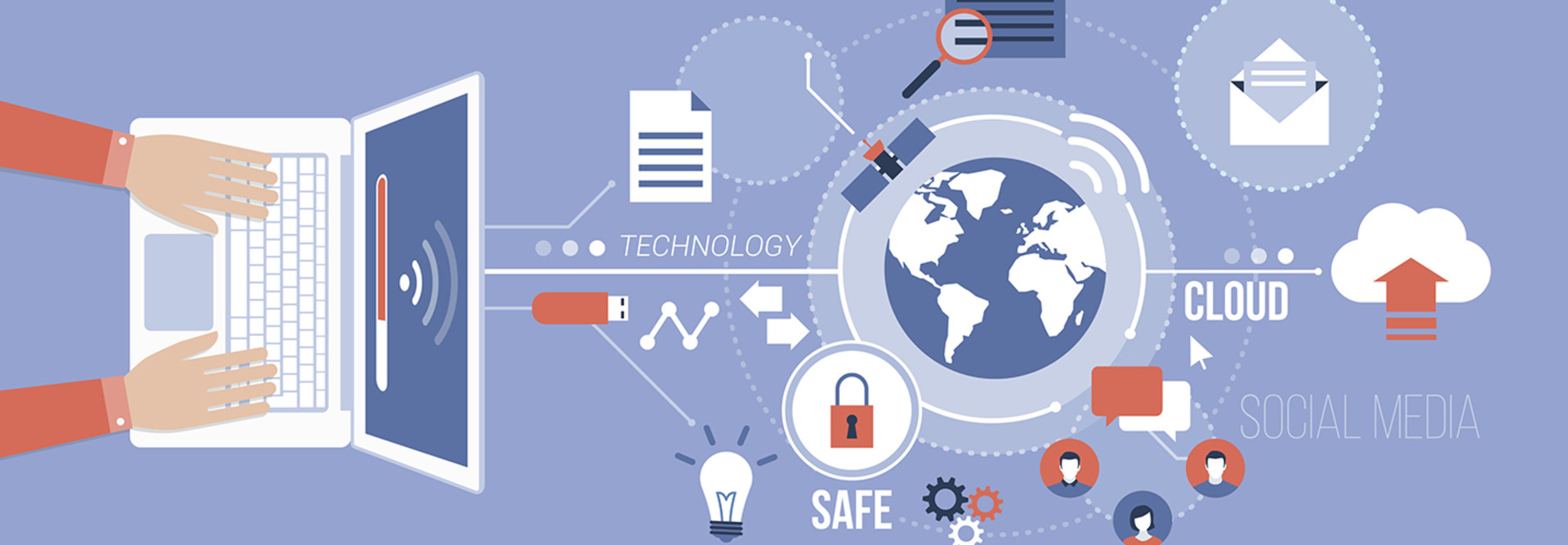Microsoft Honors Safer Internet Day with Launch of Digital Citizenship Campaign
From trolls and bullies to scammers, the internet can be a scary place full of risks for students who go online almost daily. In fact, one of every four teens has experienced bullying while online, the Cyberbullying Research Center reports.
Safer Internet Day, which was launched in 2005 by European Schoolnet and officially recognized by the U.S. in 2012, is now celebrated on Feb. 7 by 120 countries around the world. On the observance’s official international website, citizens worldwide are encouraged to “be the change: united for a better internet.”
Microsoft has heeded that call this year by releasing its first Digital Civility Index, compiled from surveys of teens and adults in 14 countries.
The research indicates that 65 percent of adults and teens have experienced some form of safety risk while online; the most frequently cited safety risk was unwanted contact, with cyberbullying and trolling coming in second.
The research also found that teens had more online interactions than adults and were more likely to have been subjected to online harassment, cyberbullying or trolling. Teens were also less confident than adults about managing such harassment, but they were more likely to know where to get help if needed.
Overall, Microsoft found that teens were optimistic that the internet would become safer and more civil in the future.
On its landing page for the Digital Civility Campaign, Microsoft offers a number of resources, including guidelines for educators and commentary from experts.
“Our hope is that policymakers, companies and organizations will consider our suggestions and build on our initial efforts through fresh digital civility-related projects and programs,” writes Jacqueline Beauchere, Microsoft’s chief online safety officer, in a blog post.
Educators Can Start Working for Online Safety Now
Microsoft’s resources give educators a starting point for lessons on digital civility.
The company urges stakeholders to take the Digital Civility Challenge, which encompasses the ideals of acting with empathy and compassion, appreciating cultural differences and diverse perspectives, pausing before replying, and seeking help for yourself and supporting others after incidents of inappropriate online behavior.
In their best practices for educators, the tech giant urges schools to teach digital citizenship, promote social and emotional learning, and emphasize civility on- and offline.
Teaching digital citizenship has been noted as a baseline for keeping students safe online. Jim Flanagan, ISTE’s chief learning services officer, told EdTech that teaching students to manage their digital identities is an essential step to maintaining privacy and minimizing security risks.
Programs like the digital etiquette exchange at the University of Michigan have also been created to prepare current and future educators to have conversations with students about how to behave online.
ISTE’s Standards for Students also offer a great starting point for teaching students to be better online citizens.
For Safer Internet Day 2017 in the U.S., an event was live-streamed in Philadelphia for students and educators.
“Youth participation in Safer Internet Day is imperative because young people are the key stakeholders in conversations about internet safety,” said School District of Philadelphia Superintendent William Hite Jr. as the event was being streamed. “One thing that is critically important is your voice in how we do this.”
Follow the worldwide happenings of Safer Internet Day by checking out the hashtag #SID2017.









